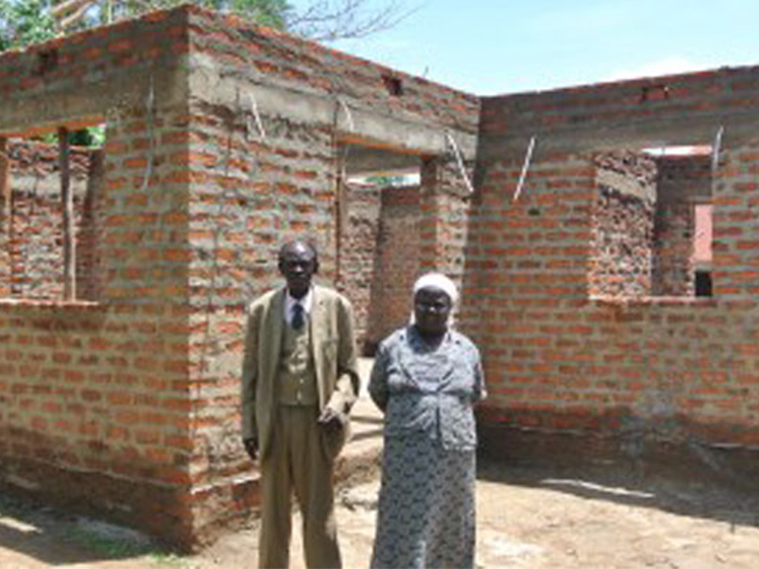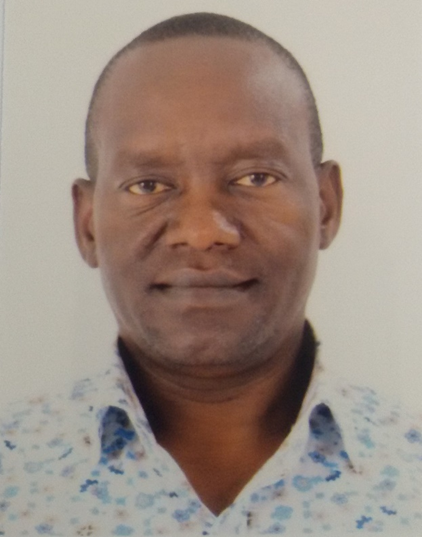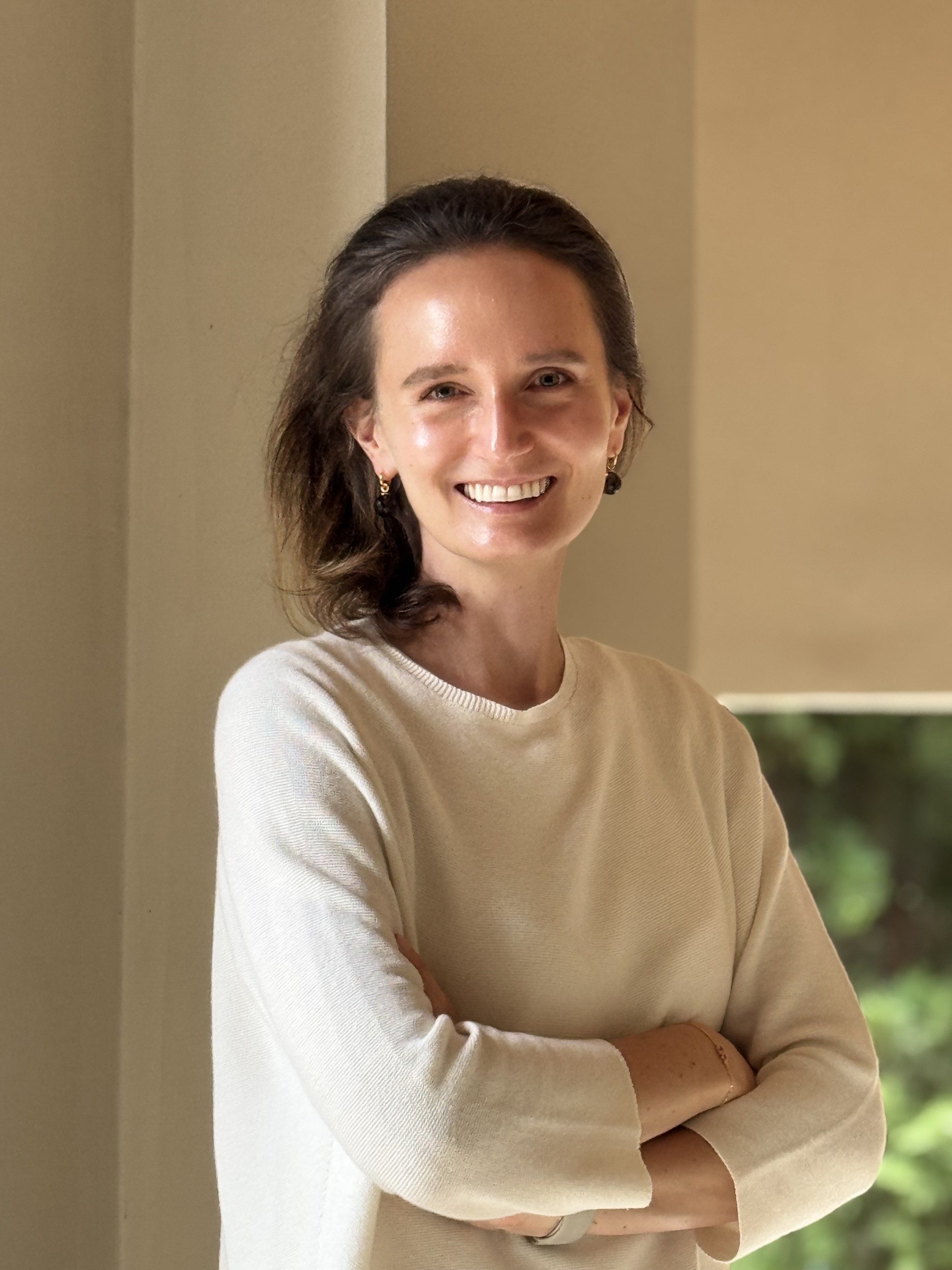By Evelyn Situma
Butere, like many towns in Western Kenya was once the symbol of the booming Sugarcane farming. But today, the once burgeoning cane farms have now been replaced with maize. Farmers like Fredrick Anjawa said they opted to shift to maize for survival.
“I farmed sugarcane since 1986 but never earned anything from it. Each time I harvested, instead of being paid for my cane delivery, the sugar company held that I owed it. I finally thought through it and in 2012, I decided to set aside three acres of my farm for cultivation of other crops.”
He first started off by growing farmers’ preferred maize varieties, but later switched to DroughtTEGO hybrid.
“Before I switched to TEGO hybrid, I was farming other common hybrid varieties. However, I would only harvest between 15 and 17 bags of 90-kilograms maize per acre. But, with TEGO hybrid, I’m now having yields of 27 and 30 bags on the same piece of land. That is the reason I have vowed to remain on TEGO,” he said assertively.

An acre of maize field is able to yield up to 44 bags of the grain given good agronomy practices. However, this is hardly attainable, for most farmers harvest between one to 22bags per acre due to poor farming systems.
DroughtTEGO maize seed-WE1101 was first planted in his farm over the 2014 long rain season for demonstration. It was from the good performance of the crop that he adopted it. In 2015 Anjawa increased the acreage to four. The results were consistent.
“I harvested 120 bags of maize,” he said. He used part of the income from sale of grain to fund construction of his new brick-wall house.
“Our living standards have improved,” he said as his eyes wandered about the homestead, finally resting on his wife, Angelina-a plump and jolly woman. “My wife is healthy because of TEGO. My diet has also changed-I no longer take black tea for breakfast. The new house under construction has also been made possible because of TEGO, in fact I will name it TEGO Maize,” he added.
He now plans to use proceeds from the 2015 short rain harvest to do finishes and also furnish the house. In a couple of weeks, the shell will be complete. He also built a gazebo which he refers to as ‘the special house’.
“I built it (gazebo) so that I can have a place to relax and breathe fresh air. I also use it for hosting my distinguished guest,” he said with pride. Anjawa is a stickler who loves order. He insists on doing formal introductions before we commence the interview, ignoring our rush for time.
Anjawa was introduced to DroughtTEGO in 2014 by Rural Outreach Program- Africa (ROP), a local non-profit organization which works with small holder farmers in Western Kenya. African Agricultural Technology Foundation has partnered with ROP to demonstrate and promote Water Efficient Maize for Africa partnership (WEMA) project maize hybrids for adoption by farmers.
Fredrick Anjawa and his wife Angelina stand in front of their new house under construction. They have named the house TEGO maize – after their best-performing maize hybrid seed variety.
Inspired by the transformation in his life, after two years of growing DroughtTEGO hybrid, Anjawa has become a brand ambassador. He regularly speaks to farmers in special community meetings advising them to adopt TEGO.
His daughter in-law, Caroline Musungu is one of those that heed to his call. “I congratulate WEMA for this maize variety because I have been able to build a house from it,” she said standing next to the house.
Caroline like other farmers was given free seed samples to try out. Since then, she has been buying DroughtTEGO maize seed. “I can’t think of growing any maize variety other than TEGO. I’m certain that if I keep to it, I will be able to buy a dairy cow next year,” she said, breaking a smile through her dust covered face. She had spent her morning weeding in the farm.






















































































